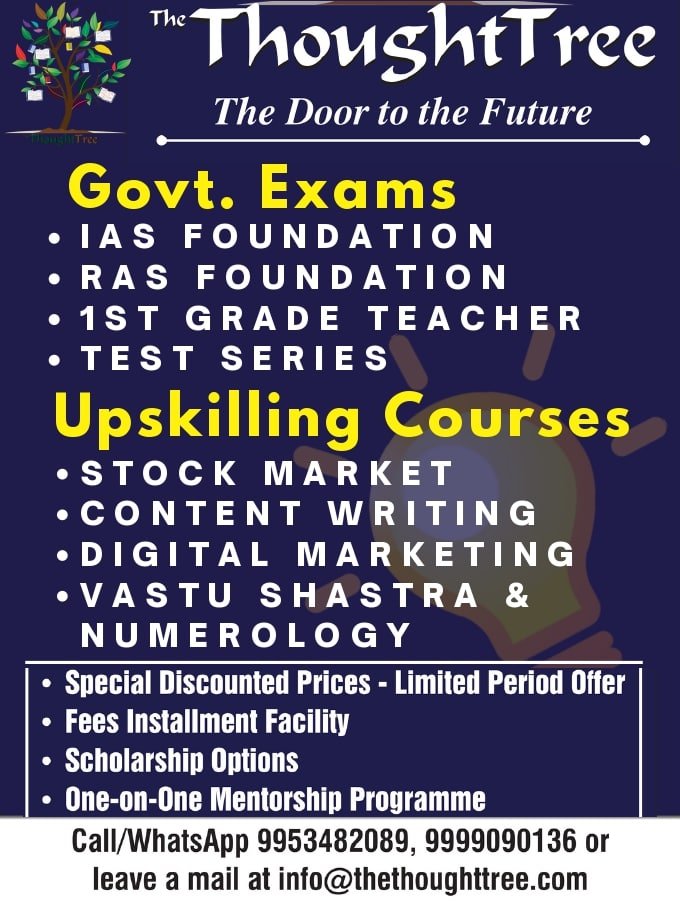Traditional Marketing Vs Digital Marketing: What’s the difference between them, and which one should you go for? If you have all these questions in your mind, then you are at the right place. We will answer all your question. In the era of digitalization, promoting your brand is essential for brand exposure, and that’s where marketing comes, so choosing the correct marketing technique is super important.
Social media and digital marketing have so many benefits for boosting brand awareness, so why would any marketer still invest in traditional methods?
In this article, we will first look at the several pro and cons of traditional marketing and digital marketing. You will get to know some mind-blowing facts regarding these two.
However, before explaining further about Digital Marketing vs Traditional Marketing, you must be wondering how to learn about marketing and its strategies? I will highly recommend The Thought Tree (T3). T3 is one of the promising and leading Digital Marketing Institute in Jaipur, Rajasthan. We have digital marketing professionals and industry experts who combine academic theory with practical experience and industry knowledge, sharing their expertise with the students and providing quality learning experiences. We also offer our students 100% internship opportunities and work on live projects to gain practical knowledge.
What is Digital Marketing and Traditional Marketing?
Digital marketing is marketing done on digital platforms and mediums for an online audience to implement marketing objectives and reach potential customers. It uses digital marketing platforms and sites to promote products and services, including social media, paid advertising, and many more.
Traditional marketing is done through physical means and without using digital devices or platforms such as radio, television, newspapers, magazines, and hoardings. It is mainly a form of promotion that reaches an audience offline. Overall, any marketing which is carried out offline comes under the periphery of traditional marketing. Now, let’s discuss Digital Marketing vs Traditional Marketing.
Digital Marketing vs Traditional Marketing: What’s the Difference?
The differences between traditional marketing and digital marketing are:
| Traditional Marketing | Digital Marketing |
| Traditional marketing mainly focuses on using conventional methods such as radio, television, newspapers, magazines, hoardings for advertising, promoting a brand or service, or campaign. | Digital Marketing focuses on using online marketing channels and websites for promoting and selling the company’s products and services. |
| In Traditional Marketing, you have to focus on where the audience uses offline media to consume content. | In digital marketing, you have to focus on the audience which is active online on digital platforms. |
| Selling a product is time-consuming and arduous as compared to digital marketing. | Selling a product is very easy as compared to traditional marketing. |
| Traditional marketing allows you to reach a targeted local audience. | You can easily reach a more diverse audience from all over the world. |
| In the case of traditional marketing, consumers cannot skip the ads, as they are obligated to watch them. | In the case of digital marketing as it allows the consumers to avoid or skip the ads which they do not find helpful, repetitive, or they are not interested. |
| Traditional Marketing is one-way communication. | Digital marketing is two-way communication. |
| In the case of traditional marketing, modification is not possible once the ad is placed. | Modification is possible anytime, even after the ad is live. |
| Traditional Marketing takes some time to give the result. | Digital marketing gives quick results as compared to traditional marketing. |
These were some of the significant differences between Traditional Marketing Vs Digital Marketing.
In today’s time, marketing matters a lot. For any business, marketing is the key to success. This is why digital marketing training is essential. A good digital marketing course can teach you how to execute marketing strategies on various platforms and boost your digital marketing skills. That’s where The Thought Tree comes into the picture. Our Digital Marketing Course is a complete package, which includes internship opportunities, mastering outstanding digital success and working on live projects. Now, coming back to our topic, the next question is, “What role does a marketing plan play?”
As there are numerous aspects for the success of any product, which is why it’s essential to create a marketing plan before launching the product in the market. When a product is launched arbitrarily, it will find it tough to prosper in the marketplace without a solid marketing strategy.
Keeping in mind the coming trends and economic situations in a specific region and worldwide, the million-dollar question is, “Which type of marketing is best for branding and engaging with the audience?” Let’s dive in to see some pros and cons of digital and traditional marketing, and then it will be up to you to decide which one will be beneficial for you.
Pro and Cons of Digital Marketing and Traditional Marketing
Pros of Digital Marketing
1. Low-Cost

If you have a shoestring budget, then digital marketing is super effective. A well-planned and targeted digital marketing strategic move can reach the correct audience at a much lower cost than traditional marketing methods. If you’re willing to put in the sweat equity, some platforms are even free. Digital Marketing holds the power to boost the sales of small businesses. The importance of digital marketing for small businesses is immense.
2. Higher Brand Interactions

Digital marketing encourages brand interactions and getting involved with social media and managing it carefully; this, in turn, will allow you to create customer loyalty and build a reputation for being easy to engage with. So as long as your products, services, and digital marketing efforts offer a strong selling point, you will always get the chance to sell products.
3. Digital Marketing is Lightning Fast
As per the statistics, the average attention span for someone online right now is 8.25 seconds. In the lightning-fast world of social branding, digital marketing is fast enough to keep up with these shorter attention spans. One video, tweet, or responsive comment is all you need to get the word out and reach your audience.
4. Instant Publicity
When you add a video on YouTube or a post on Facebook, your target audience will see it right away, gaining instant publicity for your business. But in traditional methods, you will have to wait. For example, when you want to promote a series on TV or radio, the ads are planned to be shown at a particular time, whereas promoting through newspaper ads, the reader will have to come and read it, for hoardings, they have to pass the roads to see them. But with a huge following always keeping tabs on your social media accounts, it will be much easier and faster to reach your audience.
5. Higher Targeting Options

In a data-driven world, it is impossible to live without a phone. People from all age groups, especially young people, browse the internet for several hours each day, and it has become a part of many people’s day-to-day lives. Kids are born with a smartphone clasped in their tiny hands; they have never known what life is like to live without the Internet. For them, television is something that their grandparents watch ‘serials’ on, and the radio is considered ancient. They don’t read newspapers and think of hoardings as a landscape. With the help of digital marketing, you can target your audience according to their age, gender, likes, dislikes, demographics, etc.
Read More: Who can do Digital Marketing Course?
Cons of Digital Marketing
1. Negative Feedback
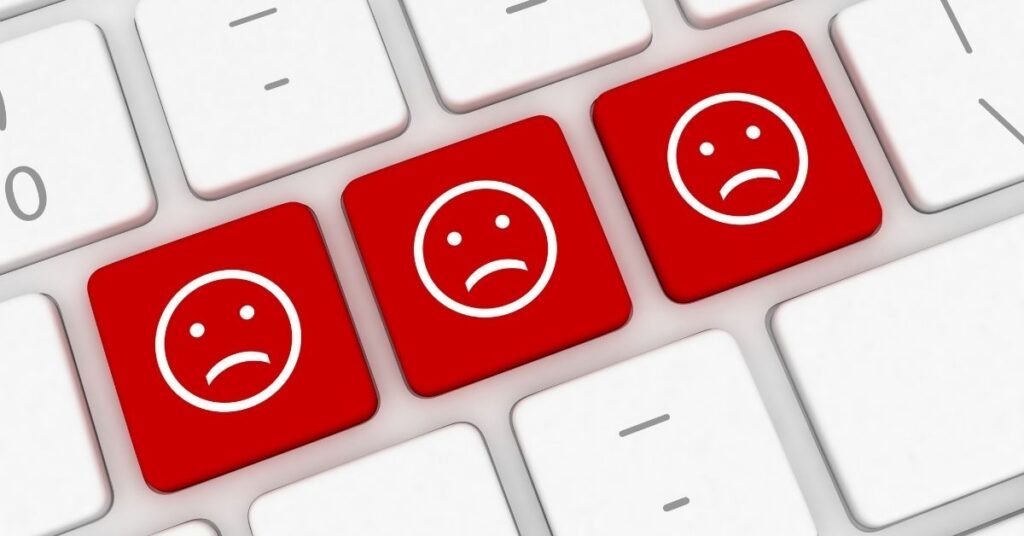
With digital marketing, you can bring in a lot of people within a targeted demographic. The only downside is that not everyone is going to respond positively to your efforts. There will be negative responses, too, as trolls want to tear down your brand’s glory because they are jealous of your popularity. Some people will hate so much to the extent that they will know whenever you have uploaded something so that they could get a chance to criticize every particle you comprise of. There are many spammers, scammers out there hiding as well. You’ll have no other choice but to develop a thicker skin while working online.
2. Time-Consuming
As per the statistics, more than 60% of digital marketers spend at least 6 hours per day on their digital marketing efforts. And around 1 in 3 digital marketers say that they spend 11+ hours working online every day. For instance, planning and optimizing an online advertising campaign and then creating a marketing strategy for the content takes time. It’s important to assess performance to ensure a return on investment.
3. Cutthroat Business Competition
Digital marketing makes it easy for you to reach and sell our products to a global audience, but keep in mind that you are also up against the global competition. This can be very challenging as you will have to stand out against your competitors and be noticeable amidst the many offers pointed at online customers.
4. Security and Data Privacy Issues

Keep in mind that there are several legal considerations when you collect and use customer data for digital marketing purposes. Do follow and respect the rules regarding privacy and data protection.
Pros of Traditional Marketing
1. Reaches Local Audience
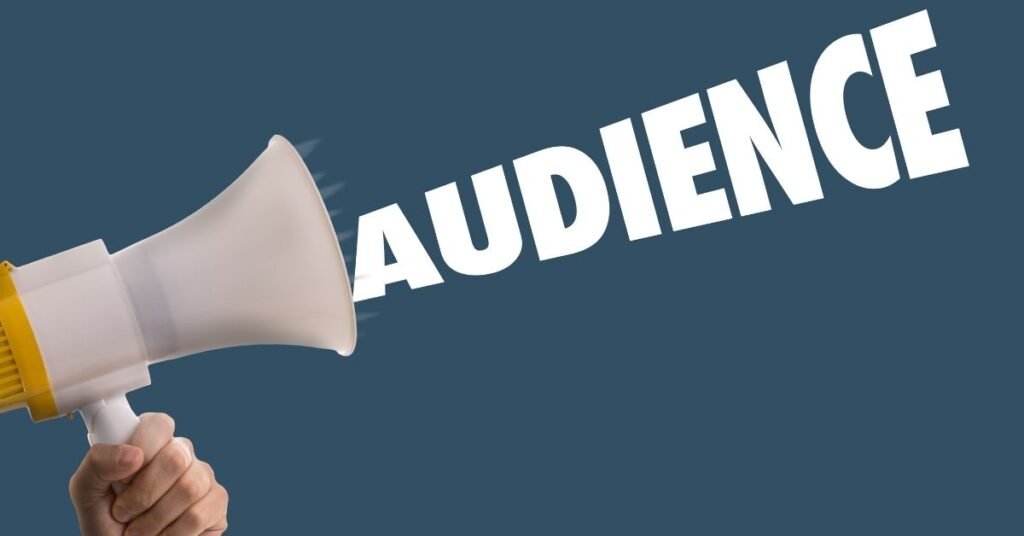
With the help of traditional marketing, you can easily reach and target local audiences. You can reach potential customers within a specific location and demographic when you’re advertising via local newspapers, magazines, television, or radio. These are some of the best ways to advertise your business and put your message across.
2. Greater Exposure
As Traditional marketing has proven reliable, every business person believes that the traditional method will provide them with success. With online marketing, you surely can reach most of the population, but there is no measurement of reaching all of the targeted audience.
3. Easy to Understand
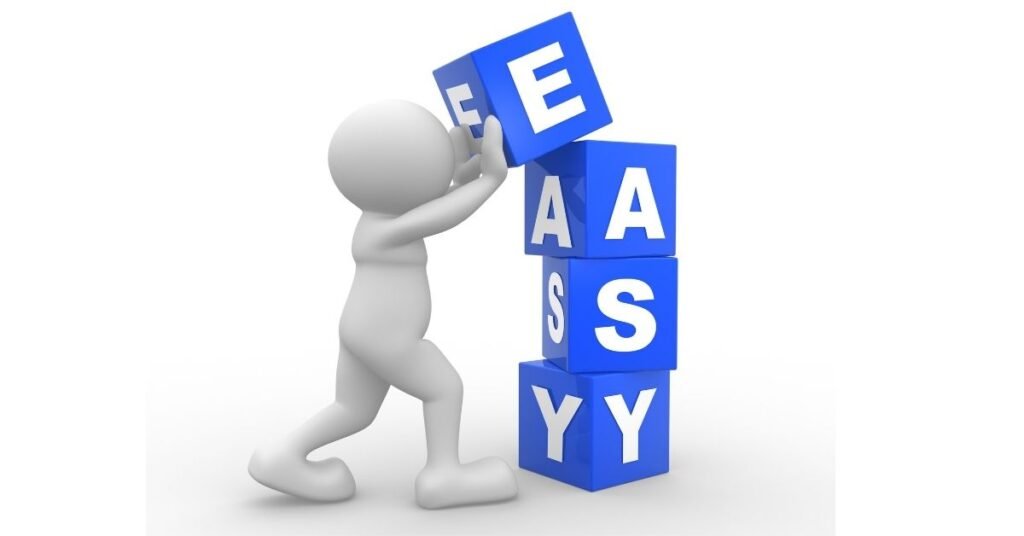
As Traditional marketing has been around for a very long time, the audience recognizes traditional advertising methods. Fliers or pamphlets are common for advertising purposes. So, when you distribute them, people will read them, especially older people who understand that it is an advertisement for a brand or a product. For older customers, digital marketing is not their cup of tea.
Cons of Traditional Marketing
1. Transformation of Traditional Media to Online Marketing
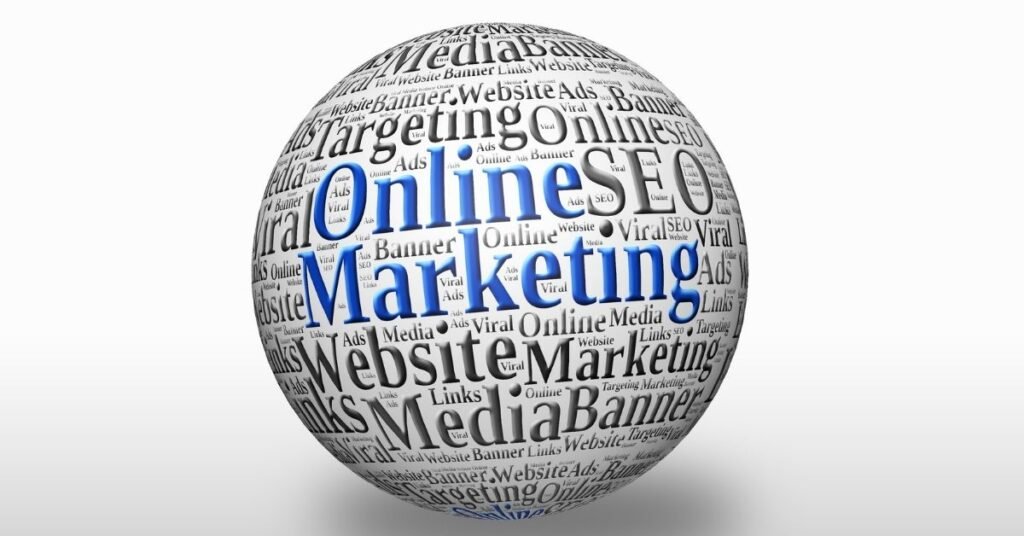
The world has converted into a digital domain these days, so various traditional marketing methods like newspapers and magazines are now online. It allows people to read the news wherever they are as nowadays the internet is at the tip of your finger. Our many daily activities are carried out online, for example, reading a newspaper and buying groceries. Because the digital age is growing at an alarming rate, marketers have started investing in digital campaigns and planning on expanding their online presence.
2. Delivers Less Information
In traditional marketing, it is an arduous task to present all the prices and offers for the product. The publishing media does not have enough space to publish all the different price alternatives and other offers, which will attract buyers. In online marketing, you can offer your customer various categories and charm them to buy your product.
3. Customized Marketing is not Possible
In traditional marketing, you can not target a particular customer. For example, an ad is created for girls of a new style or trending shoe in traditional marketing, but you can not target only girls to see that ad in Traditional marketing. However, in online marketing, you can target a specific group of people and track their activities.
Final Word
To wrap up the discussion on Traditional Marketing Vs Digital Marketing, we can tell that digital marketing has progressed recently. It has gained more popularity than traditional marketing because of numerous advantages. However, many businesses use both of them to develop a strong relationship between customers and prospects.
It entirely depends on which sort of business and which audience set one is looking to target.
FAQs
Q1. What qualification is required to join a Digital Marketing Course?
There is no particular type of qualification required for a Digital Marketing course. However, it is recommended that applicants who want to make a career in digital marketing should have a bachelor’s degree (from any stream).
Q2. What are the common job profiles within a digital marketing agency?
As every company is different, the marketing profiles are often assembled depending on the responsibility and work experience. The most common job profiles in a digital marketing agency are as follows:
- Project manager
- Content Writer
- Web Developer
- Social Media Marketer
- SEO specialist
Q3. What is the duration of the digital marketing course?
- Digital Marketing classes are available for weekdays as well as weekend batches. Our digital marketing course has a duration of 35 hours, and both online and offline modes of classes are available for the students.
Q4. Can I shift my career from traditional marketing to digital marketing?
- Yes, definitely. Digital Marketing and traditional marketing are not alike. Your experience in traditional marketing will certainly help you, and besides, digital marketing has a lot of scopes. Digital Marketing Course will allow you to shape your career from a Traditional Marketer to a Digital Marketer.

